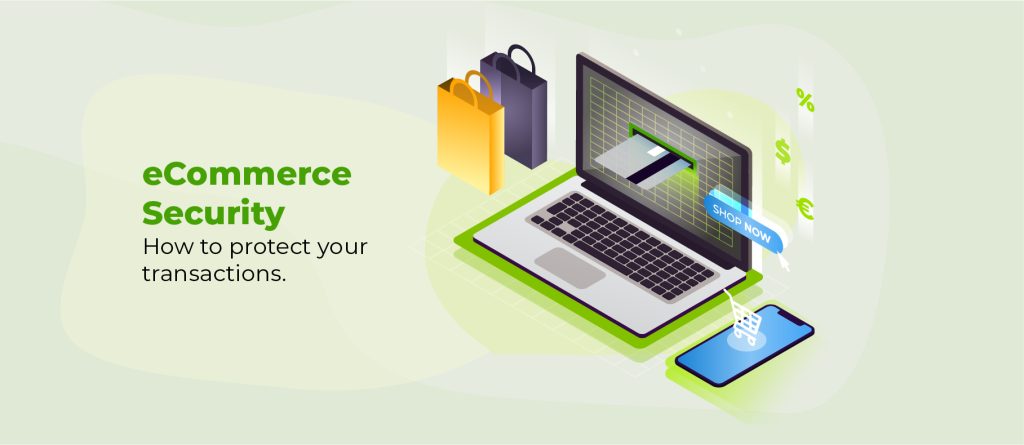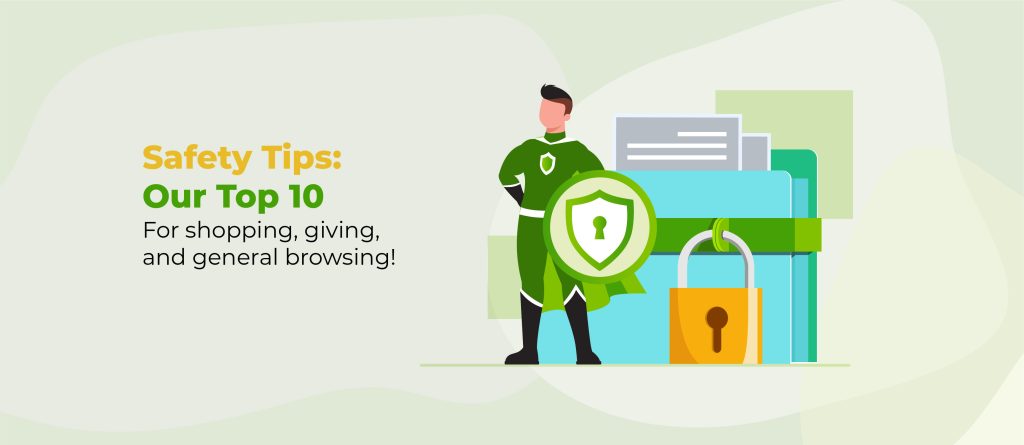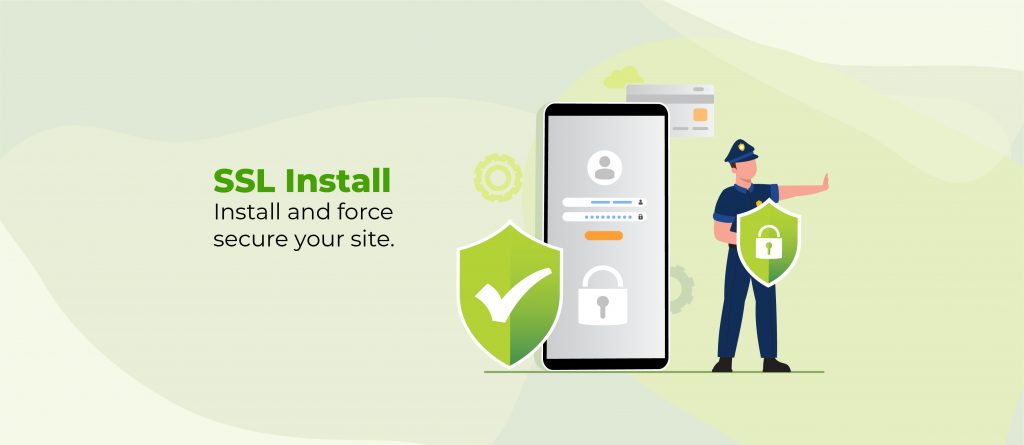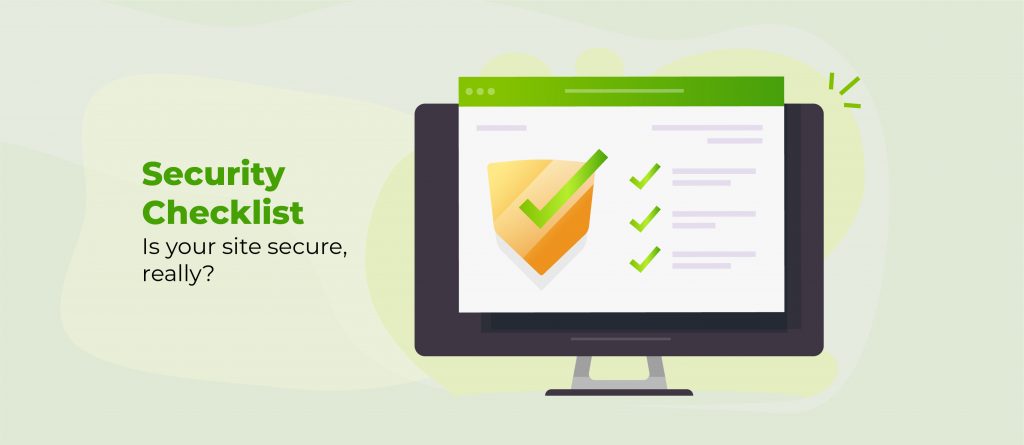Shopping online is convenient and easy, but it’s important to make sure you’re doing everything possible to keep your eCommerce site secure. If you don’t take the proper precautions, you could be putting yourself at risk for data breaches or cybercrime.
This blog post will outline some of the most important things that eCommerce store owners can do to ensure their sites are as safe as possible!
So how secure is your eCommerce site, really?
It’s a question that many people are asking themselves these days. With hackers getting smarter and more creative, it’s important to make sure that your website is safe from any potential attacks.
What You Need to Know About Securing Your eCommerce Site
Worried about keeping your WordPress site safe? There are plenty of things you can do!
The first thing eCommerce owners need to know is how secure their websites are in general. That’s why it’s always a good idea for website administrators, developers, and designers alike – whether they’re building sites for clients or themselves – to use an automated tool, such as Shield Security, to conduct site audits.
Here are some important steps that will make sure you don’t fall victim to any cyberattacks in the future:
- Don’t use the “admin” username: Use a unique and strong username for your administrator account that no one will guess.
- Strong passwords: Make sure you’re not using simple, easy to crack passwords like “password,” or dictionary words found in the English language. Instead, try creating phrases with random characters (for example, Hg0$hPv@55 ) – it’ll be harder for hackers to get around! You should also change up your passwords often so they don’t stay consistent over time.
- Backups are important: Keep backups of all files associated with WordPress, such as plugins and themes. If anything goes wrong on your website– any data gets deleted or if hackers get in– you’ll be able to restore your website back to how it was before. You can use WordPress backups or another program like Updraft or BackupBuddy, which is an awesome plugin for backing up and restoring all of the content on your site.
- Have multiple backups saved: This isn’t something everyone does but definitely consider saving both local copies as well as offsite backups onto cloud servers like Dropbox, Google Drive, or something similar. That way, if a hacker gets into your site and deletes or changes all of the data you’ll be able to restore it using one of these backups!
- Install security plugins: There are so many great third-party programs out there that help secure eCommerce sites, but we recommend Shield Security. The free plugin provides advanced malware scanning capabilities while also offering email support, firewall protection (to block DDoS attacks), blocking bad bots from crawling through your site (and adding blacklists for even more protection!), real-time traffic analysis reports, password auditing tools, among other things. The paid version offers automated hourly scans with malware removal, advanced firewall protection, a larger blacklist for bad bots and a site security audit feature.
- SSL: Having an SSL certificate installed on your website is another great way to keep eCommerce sites secure. It’s basically like having the “lock” symbol show up in your browser when you visit websites with this enabled (you can see it here )– or by clicking around through checkout pages of specific stores that have these certs turned on. The green lock helps customers feel confident about their information being protected during online transactions, which makes them more likely to shop at any store with one!
- Ensure that all transactions are encrypted with TLS/SSL encryption, so no one can access the private details included in an order over unencrypted connections (such as plain text email). This also ensures that customer data will be stored safely for future reference if needed using specialized gateways.
- Use a secure payment gateway: Payment gateways like PayPal and Stripe offer authentication via user accounts and third part APIs which allows you to rely on their tech to secure and store your users’ payment information instead of having to process it directly on your website.
- Use a reputable e-commerce plugin such as WooCommerce: These tools offer more security than traditional eCommerce platforms that rely on software plugins since they support things like two-factor authentication and are designed for PCI compliance.
- Don’t use old software: Make sure you’re always running with the latest version of WordPress. Hackers are constantly looking for vulnerabilities in older versions so upgrading is very important. Not just that but updating plugins as well ensures they have up-to-date security measures installed too.
- Limit login attempts: If you only allow people to sign in through their email address instead of username/password combos (which can easily be cracked), then hackers won’t be able to guess passwords over and over again until they get lucky enough to make it through.
- Hire an eCommerce security company: Depending on how large your website is, all this might be too much for you to handle. It’s always best to hire a specialized team who can help secure your website. By doing a quick Google search, you can find several managed website hosting and protection services that can ensure no one gains access or compromises data stored on your site.
With these tips in mind, you’ll know exactly how safe your eCommerce websites really are and you can keep them that way!



